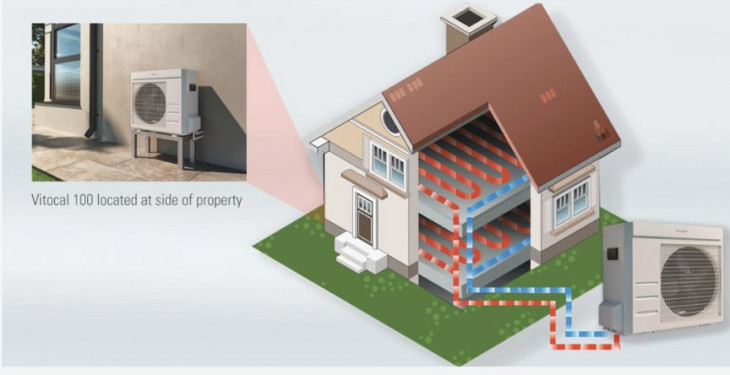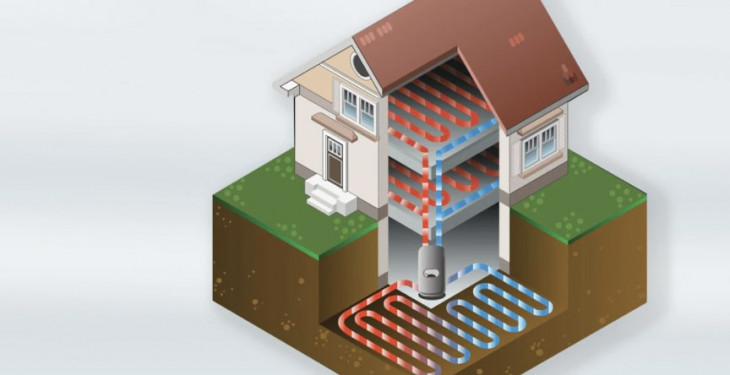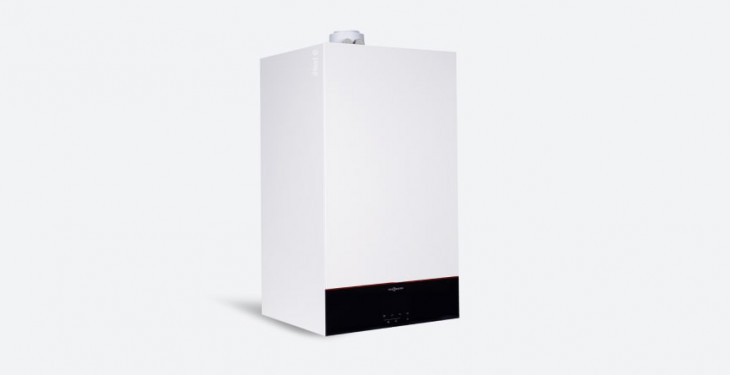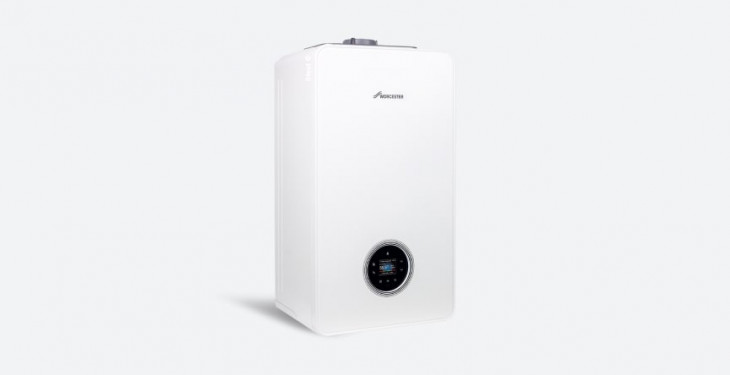

Written by Stephen Day
Gas Safe Engineer
Updated: 3rd November, 2025
In times of eye-watering energy prices and home heating bills, some debate which type of home heating instrument is most prudent, and most likely to save you money!
Get a new boiler quote, save up to £550 per year (0% APR available).
A heat pump transfers captured heat from the air outside to the inside of a property, this is then used to fuel the property’s central or underfloor heating (in some cases provide hot running water also).
An air source heat pump works by absorbing heat energy from the outside air into a fluid. The fluid is then passed through a heat exchanger and into a heat pump, this raises the temperature and then transfers the resultant heat into water.

Ground source heat pumps work by sourcing heat from water in underground pipes (either long or coiled in trenches), which is then pumped to a heat exchanger. The cool water is mixed with antifreeze and passes through the heat exchanger, transferring the heat to the refrigerant, which continues to flow around the compressor circuit.

A gas boiler is exactly what it says on the tin, a boiler system that heats gas in order to warm your home.
The gas initially enters a boiler via the mains or an LPG bottle, the resulting hot water is then fed through the central heating system and can also provide a steady stream of hot water to outlets such as baths etc.
A system boiler links with a hot water storage cylinder to provide a home with central heating and hot water. It does this by taking cold water directly from the mains (instead of a separate feed tank) and heating it via an internal heat exchanger, this transfers gas energy to water. The hot water is then moved to the hot water cylinder for storage.
Unlike some regular boilers, such as oil or heat only boilers, that use bulky external components, with a system boiler the majority of components are integrated within the appliance.
The only external part is the aforementioned hot water storage cylinder; This is a much smaller unit than some of the other hot water storage tank systems used by regular boilers, these tend to eat up loft space.

Combi (combination) boilers also link a home’s central heating system and water heating, however they are a single unit, with all components integrated within the boiler.
The combi signals a sensor upon hot water demand, then takes water directly from the mains and the heat exchanger heats it for distribution to water outlets. This means there's no accompanying cylinder or hot water tank.

Get a quote in 60 seconds, fitted as fast as next day!
0% APR finance available.
Heat Pump Pros | Modern Gas Boiler Pros |
|
|
|
|
|
|
|
|
|
|
Heat Pump Cons | Gas Boiler Cons |
|
|
|
|
|
|
|
With these considerations, a heat pump when deployed in the right setting can provide a myriad of benefits for its owner, however, also may not be suitable or advantageous for every home.
Despite the confusion regarding the 2025 new build gas ban, there is no actual legal onus to replace your gas boiler or preventative measures to stop you getting a modern and efficient gas boiler installed.
This could mean a new gas boiler may be the more viable option to provide satisfactory heating for your property.
Last updated: 3rd November, 2025

Written by Stephen Day
Gas Safe Engineer at iHeat
Stephen Day is a Gas Safe registered and FGAS certified engineer with over 20 years of hands-on experience in the heating, cooling, and renewable energy industry, specialising in boiler installations, air conditioning, and heat pump systems.
LinkedInArticles by Stephen Day are reviewed by iHeat’s technical team to ensure accuracy and reliability.

27th February, 2026
Condensing boilers are considered to be some of the most efficient boilers out there on th...
 Read Article
Read Article

26th February, 2026
Vaillant boilers use a variety of parts to ensure efficient operation. This section looks...
 Read Article
Read Article

26th February, 2026
Leaving the heating on low all day might seem like a way to avoid the chill without bursti...
 Read Article
Read Article
No obligation. Takes less than 60 seconds.